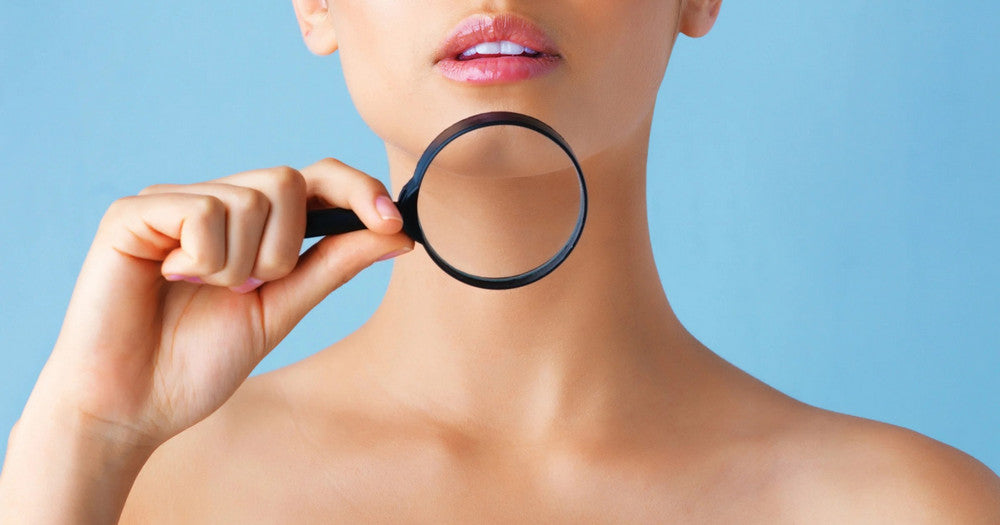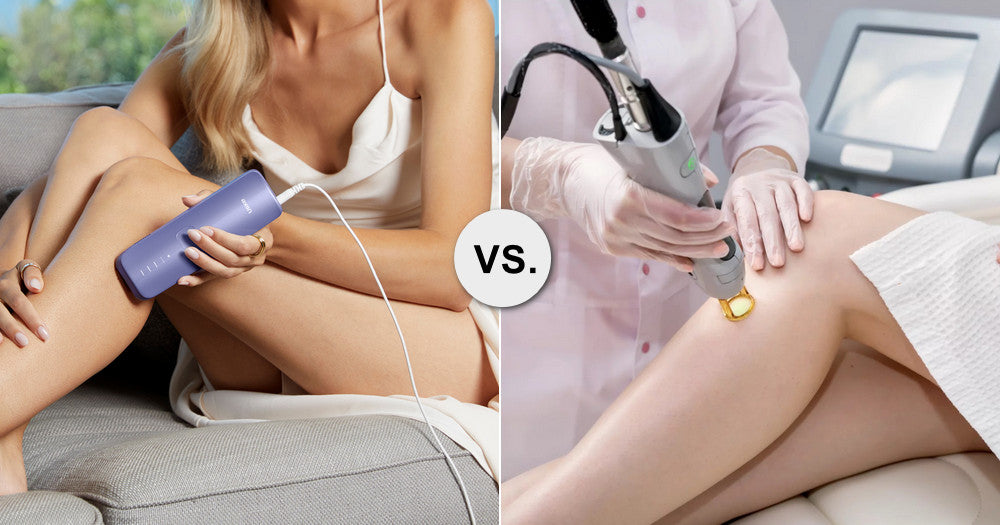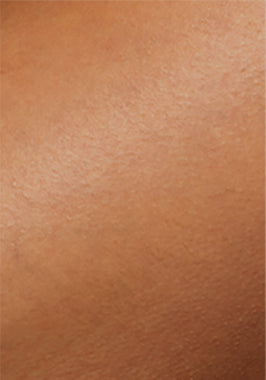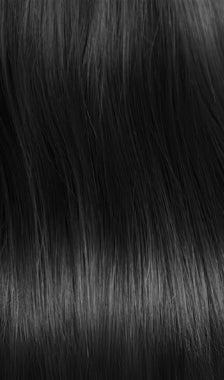Diet affects hirsutism in women in many ways, as the foods we eat are a reflection of our health and our bodies. The causes of hirsutism can all be traced back to an incorrect and unbalanced diet. Thankfully, there is a lot you can do to reduce the signs of hirsutism by changing your diet. In this article, you will learn what hirsutism is, how a good or bad diet affects hirsutism, and what you can do about it - so let's get started.
Table of contents:
- Part 1: What is hirsutism?
- Part 2: How to control hirsutism through diet?
- Part 3: FAQs
- Part 4: Conclusion
What is hirsutism?
Hirsutism is a physical condition in women in which thick, coarse, dark hair grows, especially around the chin and lips. The growth of this hair mimics the hair growth pattern of the male body, targeting the face, chest and back in particular. In women, hair growth may vary at different stages of life, or may not occur at all. The cause of hirsutism in women is attributed to the increase in male hormones called androgens. Testosterone, an androgen in the male body, is known for male-patterned hair growth, and increased levels of this in the female body cause hirsutism.
There are very different opinions about how much hair on a body is excessive and on the hirsutism spectrum, as many people have thick and excessive hair due to genetics, but there are ways to separate genetics and hirsutism. The increased androgen levels in the female body not only lead to excessive hair on the face, chest, lower abdomen, and thighs, but it also contributes to virilization. Virilization is the process by which a woman develops male characteristics such as baldness, a deeper voice, acne, smaller breast size, and more muscle mass. These signs, as well as excessively thick hair on the female body, can indicate hirsutism.
There are two main risk factors for hirsutism: obesity and family history. Obesity can cause a significant increase in androgen production in the female body, which over time results in hirsutism. If a mother has hirsutism, it is very likely that her daughter will also be affected by hirsutism. Another very important aspect of the risk factors is the development of polycystic ovary syndrome.
Hirsutism and PCOS
PCOS is a very complex hormonal disorder in women that is associated with irregular periods, weight gain, acne, obesity, complicated pregnancies, risk of diabetes, and excessive body hair (hirsutism). In addition, women with PCOS can experience extreme mood swings, depression, anxiety, stress, and sleep apnea. In PCOS, female hormones fluctuate drastically, leading to an increase in androgens. Women with PCOS therefore experience greater virilization, which is why hirsutism and PCOS go hand in hand.
The disease can begin in puberty and never completely resolve. There is currently no real cure for PCOS, but lifestyle changes, proper diet, and supplements have been shown to help reduce symptoms. If PCOS runs in the family, it can be even more difficult for many people to get rid of the symptoms. The only thing that helps reduce the effects of PCOS is weight loss, which is very difficult given the symptoms of PCOS.
Hirsutism and other diseases
In addition to PCOS, hirsutism can also be caused by Cushing's syndrome, congenital adrenal hyperplasia, tumors and certain medications.
- Cushing's syndrome is a syndrome caused by exposure to the hormone cortisol from the adrenal glands.
- Congenital adrenal hyperplasia is an inherited disorder characterized by increased and abnormal production of steroid hormones, including cortisol and androgen, in the adrenal glands.
- Tumors that may secrete androgens.
- Medications such as Minoxidil and Rogaine are used to stimulate hair growth.
How can you control hirsutism through diet?
We know that hirsutism is the excessive hair growth on the body and that it is caused by androgens, the male hormones. Fortunately, we can naturally reduce the amount of androgens in our body by eating the right foods. A balanced diet can include fiber, protein, carbohydrates and fats, but all in the recommended amounts. Lean meats and seafood have been shown to be very useful in treating PCOS and its associated symptoms.
Recommended amounts may vary depending on your body type and preferences, so here is a rough list of foods to avoid or seek out to reduce and control the symptoms of hirsutism:
Foods to Avoid
- All extremely processed foods should be avoided. This can include processed meals, bread, meat and junk food.
- Avoid eating right before bed so that your stomach has enough time to digest the food before you go to sleep.
- It is recommended that you avoid dairy and gluten if you have PCOS, but if your diet relies heavily on these two food groups, you should try to minimize your intake until you find alternatives that you can happily consume.
- We understand that sometimes it can be very difficult to reduce the habits of binge eating, midnight snacking and emotional eating.
Food to look for
- Include vitamin D-rich foods or vitamin D supplements in your diet.
- Eat lean proteins and seafood at least once a day to meet your protein needs.
- Make sure your diet is rich in fruits and vegetables.
- Move wherever possible.
- Include strength training in your gym routine.
- Drink peppermint tea regularly.
- Do not sit for long periods of time after eating.
- Portion your meals carefully to ensure your diet is balanced.
These are two rough lists of dos and don'ts regarding diet for treating hirsutism. You can get the details of such a diet from a certified nutritionist or your treating doctor. The most important thing, however, is to eat fresh and healthy foods that will benefit your health and make you healthy again.
Other Methods for Dealing with Hirsutism
We've already mentioned that diet is one piece of the puzzle when it comes to combating hirsutism. The biggest piece of the puzzle is treating PCOS. So if you can manage PCOS with natural or medical weight loss, there's a good chance that the hirsutism problem can be solved. If it doesn't, there are other methods to get rid of excess facial and body hair.
One of these methods is IPL laser devices. These devices are known to reduce the number of hairs after a few uses. You can use the device on any part of your body, including your face. It's a great alternative to making life-changing decisions and it's quick too. However, you'll get the best results if you use the devices consistently.
Other methods include waxing, plucking, sugaring, laser and threading. However, these methods do not affect the amount of hair and the hair grows back at the same thickness. However, every body is different. What works for someone may not necessarily work for you and vice versa. You need to find out what works best for you and then choose a treatment that best suits your individual condition. We recommend that you do your research before investing your time and energy in a single method.
FAQs
What causes hirsutism?
The main cause of hirsutism is an increased level of testosterone in the woman's body. Testosterone is a male hormone that is also present in women. However, due to various factors, its production may be increased while the production of female hormones decreases. This causes testosterone to have a dominant effect and female hormones to have a suppressive effect. This is why women suffer from hirsutism in different parts of their body.
How is hirsutism diagnosed?
Hirsutism can be diagnosed by checking for virilization, which is the development of male characteristics in the female body. Hirsutism is caused by androgens. To diagnose it, doctors look for other signs that can only be caused by the presence of androgens in an increased amount. These signs may include baldness, a deeper voice, acne, reduced breast size, and increased muscle mass. Another way to diagnose hirsutism is through blood tests that look at the ratio of different hormones in the body.
At what age can women get hirsutism?
Most often, hirsutism appears in women around the time of puberty, but there is no specific age at which it occurs. In some women, it may also appear later in life or when they develop the symptoms of polycystic ovary syndrome. So the appearance of hirsutism depends on the individual body, its environment and diet, among other things.
What is the best diet to combat hirsutism?
Eating an antioxidant-rich diet with fresh fruits, vegetables, lean meats, and seafood is the best way to combat hirsutism. It's important to know that eating an antioxidant-rich diet is only part of the fight against hirsutism. You also need to get the symptoms of PCOS under control so that your hair grows normally.
What are the options for getting rid of body hair?
Some ways to get rid of body hair include waxing, plucking, sugaring, lasers, and threading. However, with these techniques, the amount of hair is not affected and the hair can grow back at the same thickness. In addition, IPL laser devices have shown great promise in removing unwanted body hair. These devices do a good job of reducing hair density and make the process a less painful experience.
Conclusion
Diet affects hirsutism symptoms and development in the female body in many ways. A balanced diet rich in proteins and antioxidants can do wonders for excess facial and body hair, but to completely get rid of all hirsutism symptoms, you need to address the root cause, which may be PCOS. Another way to reduce excess hair is to use an IPL device, which greatly reduces body hair. We hope you found this article helpful. Good luck!



























